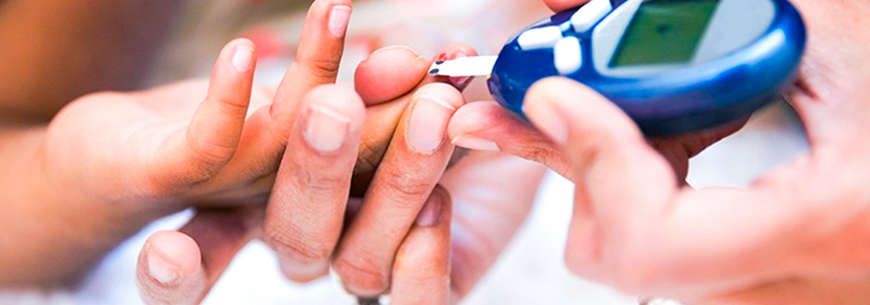
In a small number of people, blood glucose levels drop too low. Symptoms are often felt when blood glucose is below 65 mg/dl (3.6 mmol/l.) If the brain and nervous system are deprived of the glucose they need to function, symptoms such as sweating, shaking, weakness, hunger, headaches, and irritability can develop.
Hypoglycemia can be difficult to diagnose because these typical symptoms can be caused by many different health problems. For example, adrenaline (epinephrine) released as a result of anxiety and stress can trigger the symptoms similar to those of hypoglycemia.
The only way to determine whether hypoglycemia is causing these symptoms is to measure blood glucose levels while an individual is experiencing the symptoms.
If an underlying problem is causing hypoglycemia, appropriate treatment of this disease or disorder is essential.
